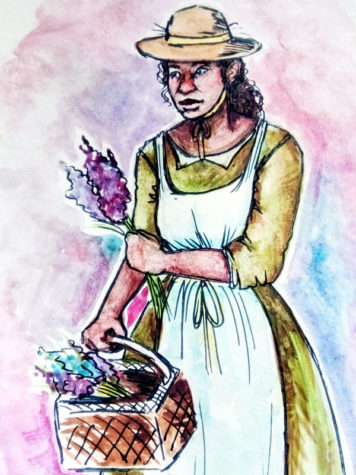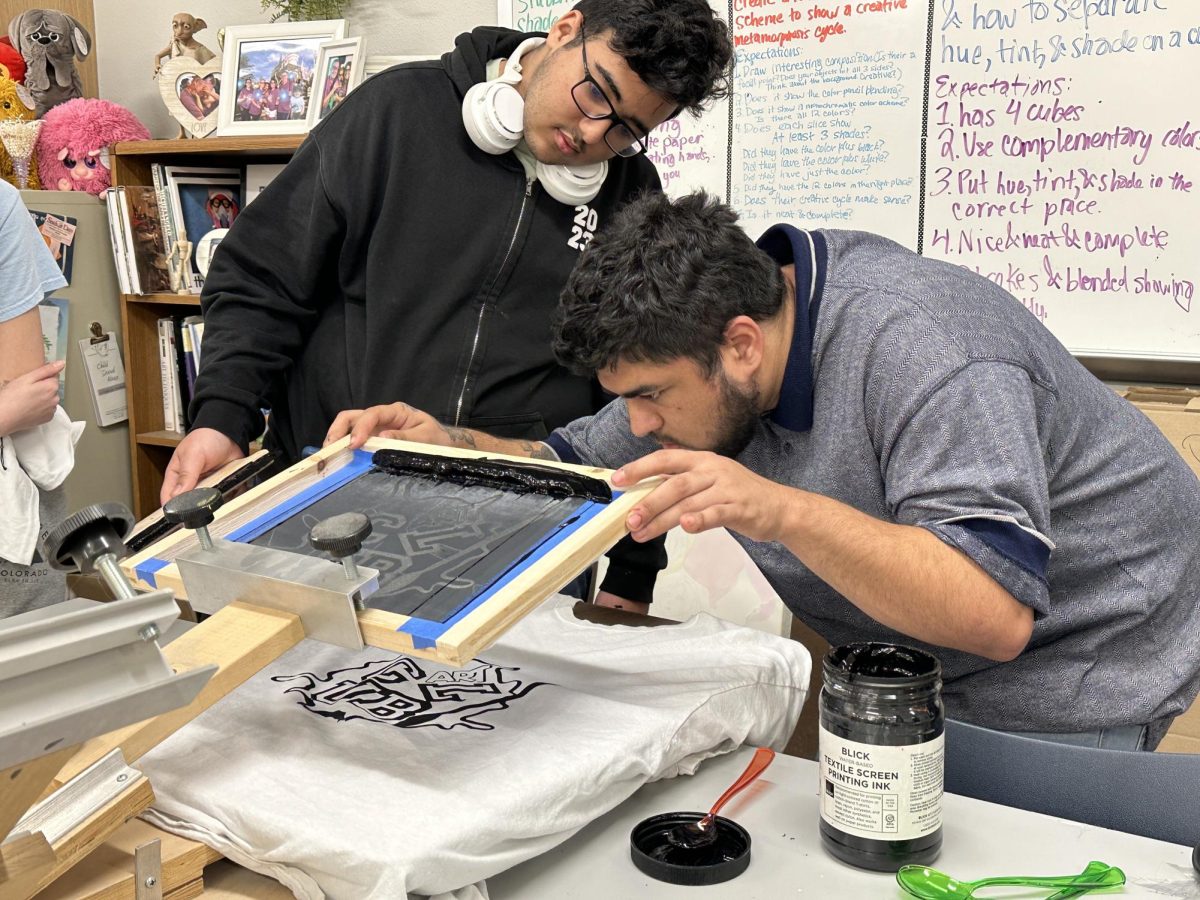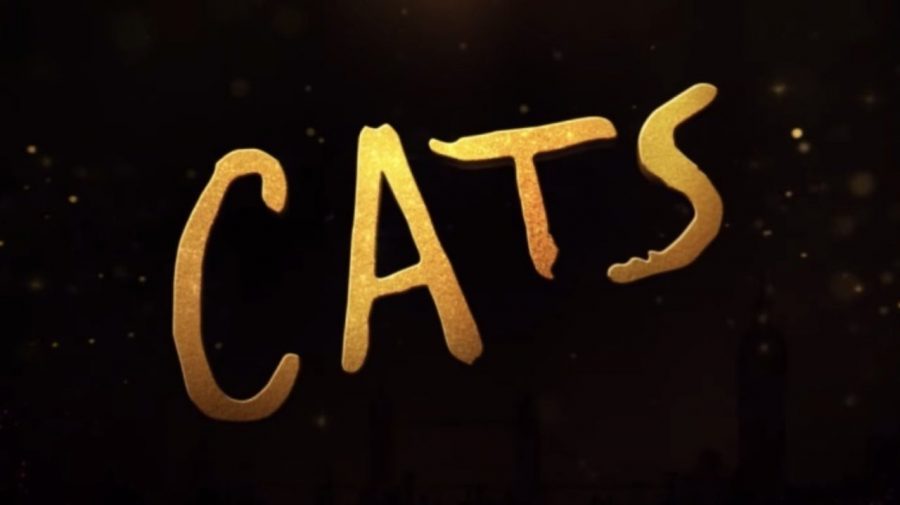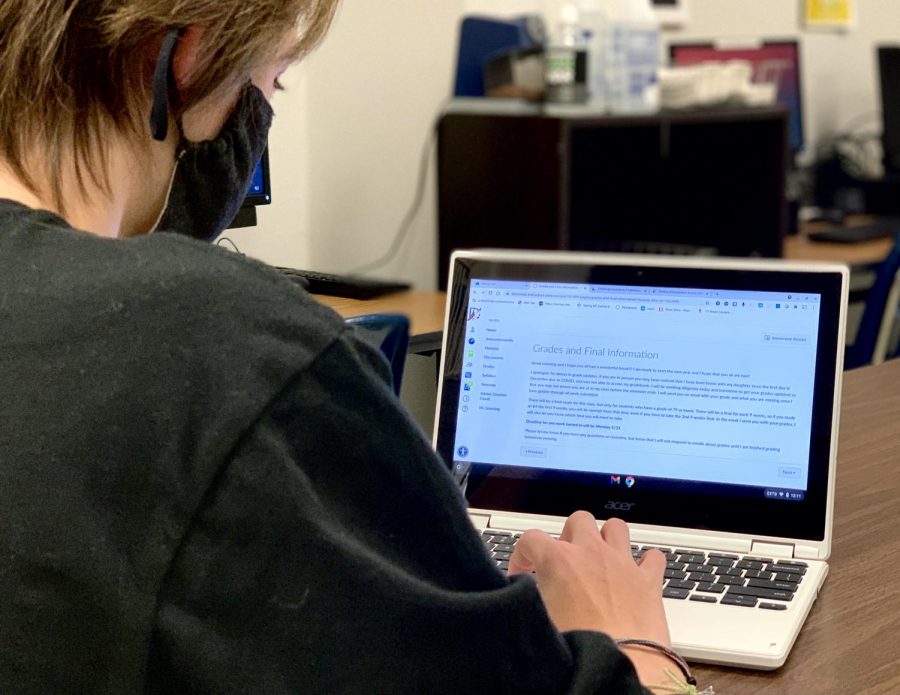Mauve, violet, periwinkle: a review of The Color Purple

I’ve always loved a classic underdog story, and that’s exactly what The Color Purple by Alice Walker is. It follows the life of Celie, an African American woman born in rural Georgia, from the ages 14 to 44. An epistolary novel, it tells Celie’s life story through her letters to God and her younger sister, Nettie.
As the letters document every decade of growth Celie goes through, it touches on themes of abuse, building success, finding happiness, and family. At first I found the content of Walker’s novel difficult to bear; as a teenager, Celie is subjected to every form of abuse possible by the hands of her own family members. From there, she’s sent away to become the child wife of Albert ______, a man lacking motivation and whose last name is mysteriously omitted as a stylistic choice. At this point, I felt the most heartbreaking part about the story was Celie’s indifference to everything that happens to her. She is quite literally beaten down into the world and heavily prioritizes survival over standing up for herself.
I promise she doesn’t have that mentality forever, though. By surrounding herself with outspoken women in her life, Celie begins blossoming into the person she was too afraid to be before. The change first starts with the beautiful singer Shug Avery, who helps Celie realize what it feels like to truly love and be loved. There is also Sophia, her larger-than-life daughter-in-law who doesn’t take disrespect from anyone (not even the white mayor’s wife) and teaches Celie to fight instead of submit.
By the end of the novel, Celie’s transformation is so extreme that I found it difficult to believe the resigned character I’d met at the beginning ever existed; even more interesting is how her appearance changes little by little with her growing confidence. The way a caterpillar turns into a butterfly, Celie evolves from an ugly face and stained dresses to a glowing personality and pants she made herself.
Yes, pants! Though Celie spends the majority of her life taking care of Albert’s children, she finally finds something for herself to enjoy by sewing pants with intricate patterns. This transition signifies the peak of her transformation, for it is one of the biggest steps toward independence she takes throughout the novel. Celie even begins her own business tailoring and creating various styles of pants that fit her customers just right.
Throughout all of this, Celie is not only learning from the people around her but also the letters she is constantly receiving from her sister Nettie. The two sisters haven’t seen each other since the very beginning of Celie’s marriage to Albert, yet they never give up hope that one day they will reunite. Though Nettie is a missionary to the Olinka people in Africa while Celie remains in Georgia, the letters make them feel much closer in spirit. Having a sister myself who lives states away really made me feel for them; it does get hard not seeing her sometimes, but a strong sibling bond really does outlast time and distance.
There are so many messages and themes throughout this novel that it’s difficult to really go into depth about every one without either talking for hours or spoiling the best parts of the novel, but I can say this: Celie wasn’t the only one learning. Every instance is so personally written that I felt as if I were having the experiences and learning just the same.
My most favorite part of the book is the emphasis on just how dynamic Celie is. From being a submissive girl dragged down by life to a successful woman who blossoms with self-confidence and pride, she demonstrates human growth throughout life to the fullest extent. She’s a role model I won’t ever forget.
Celie from Alice Walker’s The Color Purple has such an incredible journey, and I would recommend to anyone who, like myself, loves seeing people beat the odds. Alice Walker’s writing is blunt and straight to the point with sensitive topics, so my only advice would be to just take it as it is. Realize everything Celie has been through, see who she becomes. Reading it is a great learning experience that I think everyone can benefit from.

INFJ- I started early in the newspaper business as a sophomore, so I’ve been the editor for two years now. I’m currently working really hard (really,...





















